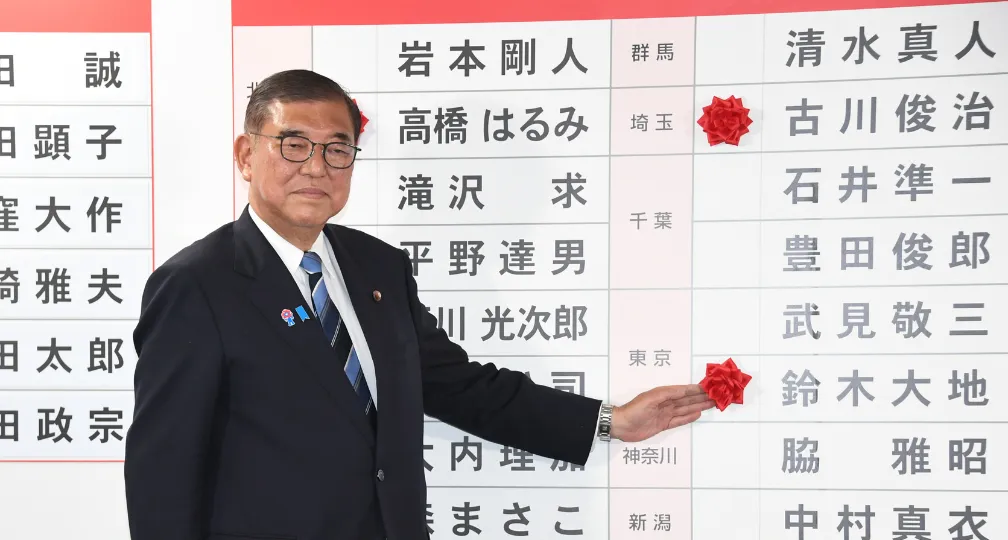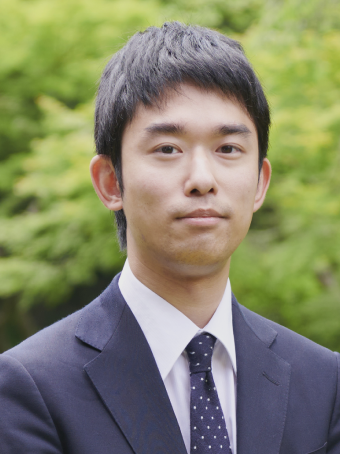Japan’s Upper House Election: Political Fragmentation and Growing Instability

Japan’s Upper House Election: Political Fragmentation and Growing Instability
Japan’s upper house (House of Councillors) election was held on July 20, with half of the seats contested. The long-governing Liberal Democratic Party (LDP) and its coalition partner Komeito reduced their seats, dropping from 141 to 122, and narrowly failed to reach a majority (125 seats)
Although the election does not determine the government—as the House of Representatives holds the primary authority to appoint the prime minister—both houses share legislative powers, and the election served as a key test for Prime Minister Shigeru Ishiba. While Komeito’s traditional organizational vote appeared to weaken, the LDP, under Prime Minister Ishiba’s leadership, failed to appeal to either voters frustrated by inflation or conservatives who had previously supported the second Shinzo Abe administration.
In contrast, the fringe far-right party Sanseito, running under the slogan “Japanese First,” surged to become the fourth-largest party in the upper house with 15 seats. Drawing lesson from Donald Trump, Germany’s AfD, France’s National Rally, and Reform UK, the party inconsistently yet effectively promoted the anti-globalist and ultra-nationalist stance in both online and offline campaigns. The media and experts frequently conducted fact-checks on their claims, yet this coverage appeared only to increase public attention and ultimately boosted the party’s support among swing voters and segments of the conservative base.
Voters dissatisfied with the current Ishiba administration also turned to newly established opposition parties, including the center-right Democratic Party for the People (which increased its seats from 9 to 22), the Conservative Party of Japan (from 0 to 2 seats), and Team Mirai, known for its technology-focused approach (from 0 to 1 seat). More traditional opposition parties, such as the conservative Japan Innovation Party and the populist-left Reiwa Shinsengumi also modestly increased their number of seats, while the Constitutional Democratic Party of Japan, a major liberal opposition party, failed to win any additional seats. These election results suggest an increase in the effective number of parties (ENP) and indicate growing fragmentation in Japan’s political landscape.
On July 21, Prime Minister Ishiba vowed to remain in office despite the election defeat. However, doubts about the longevity of Ishiba’s administration are growing, following criticism from former Prime Minister Taro Aso and other LDP politicians over his failure to take responsibility. In addition, regardless of whether he remains in office or not, his handling of the government will be significantly difficult, with the LDP-Komeito coalition now a minority in both the House of Representatives and the House of Councillors. It remains to be seen whether (1) the ruling coalition continues as a minority government, (2) the coalition is reorganized with a new partner, or (3) the coalition loses power by handing it over to opposition parties.
(Photo Credit: Tokyo Sports/Aflo)


Research Fellow,
Digital Communications Officer
Yusuke Ishikawa is Research Fellow and Digital Communications Officer at Asia Pacific Initiative (API) and Institute of Geoeconomics (IOG). His research focuses on European comparative politics, democratic backsliding, and anti-corruption. He also serves as External Contributor for Transparency International’s Anti-Corruption Helpdesk, as Associate Research Fellow at the EUROPEUM Institute for European Policy, and as Part-time Lecturer in European Affairs at the Department of Economics and Business Management, Saitama Gakuen University. Prior to his current roles, Research Associate at IOG and API, contributing to its translation project of Critical Review of the Abe Administration into English and Chinese. Previously, he has worked as Research Assistant for API's CPTPP program and interned with its Fukushima Nuclear Accident and Abe Administration projects. His other experience includes serving as a visiting research fellow at EUEOPEUM Institute, a full-time research intern at Transparency International Hungary, and as a part-time consultant with Transparency International Defence & Security in the UK. His publications include "NGOs, Advocacy, and Anti-Corruption" (In Routledge Handbook of Anti-Corruption Research and Practice, 2025) and A Dangerous Confluence: The Intertwined Crises of Disinformation and Democracies (Institute of Geoeconomics, 2024). He has been featured in national and international media outlets including Japan Times, NHK, TV Asahi, Neue Zürcher Zeitung (NZZ), Handelsblatt, Expresso, and E-International Relations (E-IR). He received his BA in Political Science from Meiji University, MA in Corruption and Governance (with Distinction) from the University of Sussex, and another MA in Political Science from Central European University. During his BA and MAs, he also acquired teacher’s licenses in social studies in secondary education and a TESOL (Teaching English to Speakers of Other Language) certificate. [Concurrent Positions] Associate Research Fellow, EUROPEUM Institute for European Policy, Czechia External Contributor Consultant, Anti-Corruption Helpdesk, Transparency International Secretariat (TI-S), Germany Part-time Lecturer, Department of Economics and Business Management, Saitama Gakuen University, Japan
View Profile-
 Fed-Treasury Coordination as Economic Security Policy2026.02.13
Fed-Treasury Coordination as Economic Security Policy2026.02.13 -
 What Takaichi’s Snap Election Landslide Means for Japan’s Defense and Fiscal Policy2026.02.13
What Takaichi’s Snap Election Landslide Means for Japan’s Defense and Fiscal Policy2026.02.13 -
 Challenges for Japan During the U.S.-China ‘Truce’2026.02.12
Challenges for Japan During the U.S.-China ‘Truce’2026.02.12 -
 India and EU Sign Mother of All Deals2026.02.09
India and EU Sign Mother of All Deals2026.02.09 -
 Orbán in the Public Eye: Anti-Ukraine Argument for Delegitimising Brussels2026.02.04
Orbán in the Public Eye: Anti-Ukraine Argument for Delegitimising Brussels2026.02.04
 Orbán in the Public Eye: Anti-Ukraine Argument for Delegitimising Brussels2026.02.04
Orbán in the Public Eye: Anti-Ukraine Argument for Delegitimising Brussels2026.02.04 Fed-Treasury Coordination as Economic Security Policy2026.02.13
Fed-Treasury Coordination as Economic Security Policy2026.02.13 When Is a Tariff Threat Not a Tariff Threat?2026.01.29
When Is a Tariff Threat Not a Tariff Threat?2026.01.29 Oil, Debt, and Dollars: The Geoeconomics of Venezuela2026.01.07
Oil, Debt, and Dollars: The Geoeconomics of Venezuela2026.01.07 India and EU Sign Mother of All Deals2026.02.09
India and EU Sign Mother of All Deals2026.02.09











